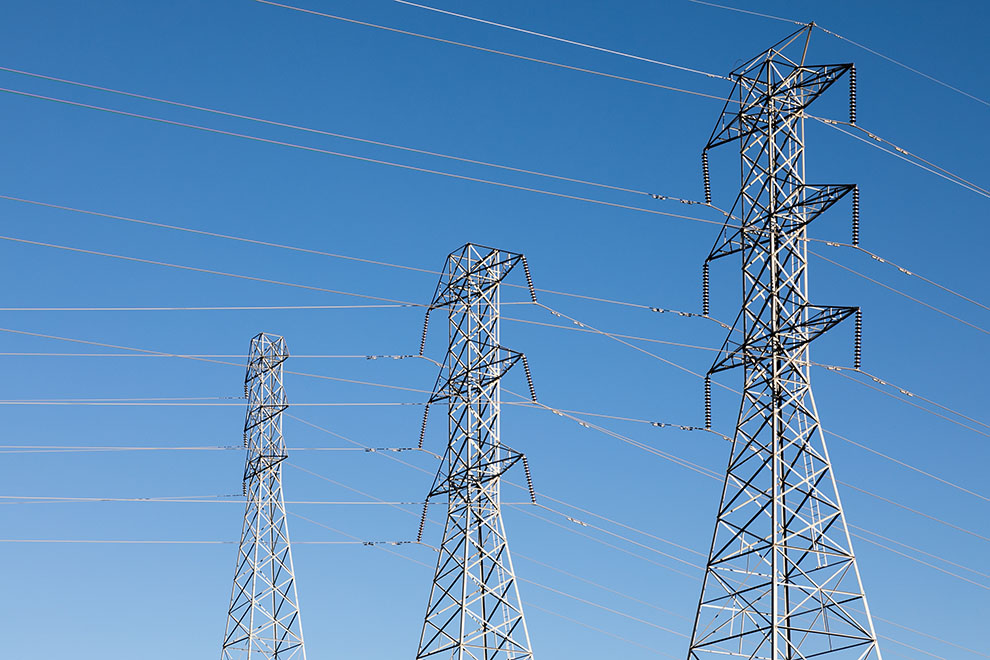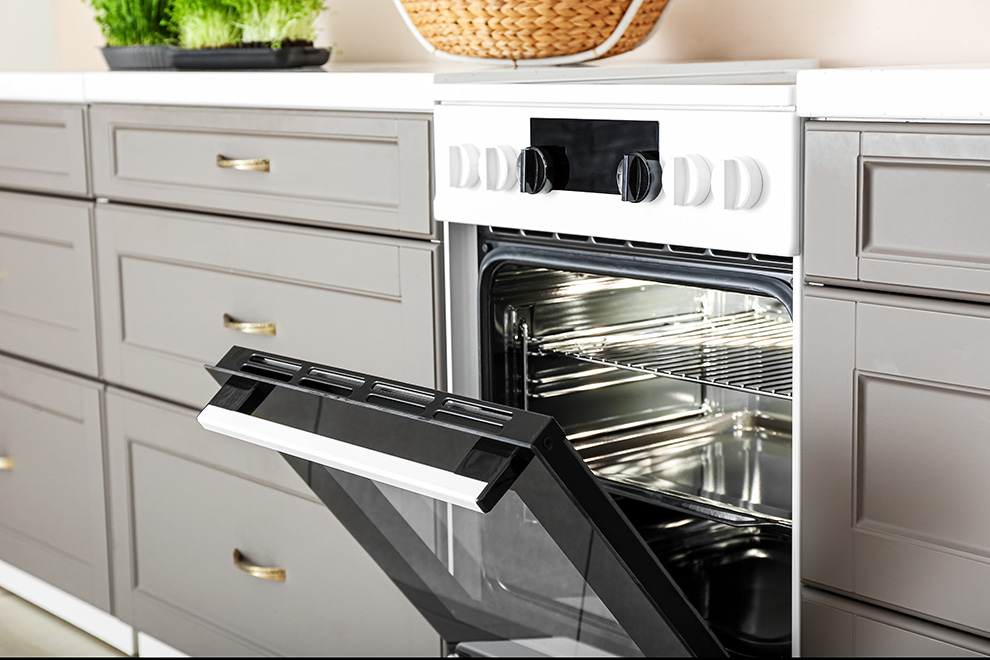The electrical sector, which covers a wide industry dealing with the production, transmission, distribution, and consumption of electrical energy, ensures the safe and efficient production, transmission, and consumption of electrical energy. However, the materials preferred to ensure safety and efficiency in the electrical industry are of great importance.
In the electrical sector, which plays a vital role in meeting energy needs, the usage areas of aluminum have a wide range. The reason aluminum is so widely used in the energy sector is due to the advantages of the material. Aluminum, which is a suitable metal for recycling, is a very important raw material for ensuring sustainability in the sector.
What are the Uses of Aluminum in the Electrical Sector?
Aluminum, which stands out with its lightweight and durable structure, is also relatively cheaper compared to other metals. For this reason, aluminum is one of the most commonly used materials in the energy sector. Aluminum and aluminum alloys, which provide flawless electrical conduction, are frequently preferred in various areas such as the generation, transmission, and distribution of electrical energy in the electrical sector.
Conductors and Cables
Aluminum is one of the commonly used materials in the production of conductors and cables, which are among the basic components used in the transmission of electrical energy. As a low-density metal, aluminum ensures the safe and efficient transmission of electrical energy.
Aluminum, which is an ideal material for transmitting energy over long distances, is a more economical option compared to metals such as copper. For this reason, it is frequently preferred by companies operating in the electricity sector. Additionally, aluminum, which can be recycled, is also effective in ensuring sustainability in the energy sector.
Transformers and Generators
Transformers and generators are equipment that plays an important role in the transformation, transmission, and distribution of electrical energy. Aluminum materials, which stand out with their lightweight and high conductivity properties, allow this equipment to be used safely and for a long time. Additionally, the corrosion-resistant properties of aluminum allow the production of long-lasting products.
Poles
The raw material of the poles used in the transportation and support of electrical lines is generally aluminum or aluminum alloys. The lightweight nature of aluminum allows the poles to be transported and installed practically. The corrosion-resistant structure of aluminum generally ensures the long life of the electrical poles used in outdoor environments.
Solar Panels
Aluminum is commonly used in the frames and mounting systems of solar panels. The lightweight nature of aluminum makes solar panels more portable and easier to install, while its recyclability also makes it an environmentally friendly option.
The durable and corrosion-resistant structure of aluminum allows solar panels, which are sustainable energy sources, to be used safely and for a long time.
Wind Turbines
Aluminum materials are generally preferred in the blades of wind turbines. The lightweight nature of aluminum allows the turbines to turn with the wind. Additionally, the durability of aluminum enables the turbines to operate reliably for long periods.







